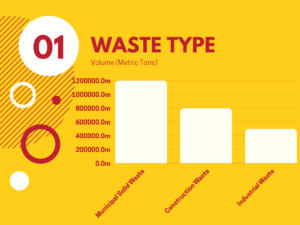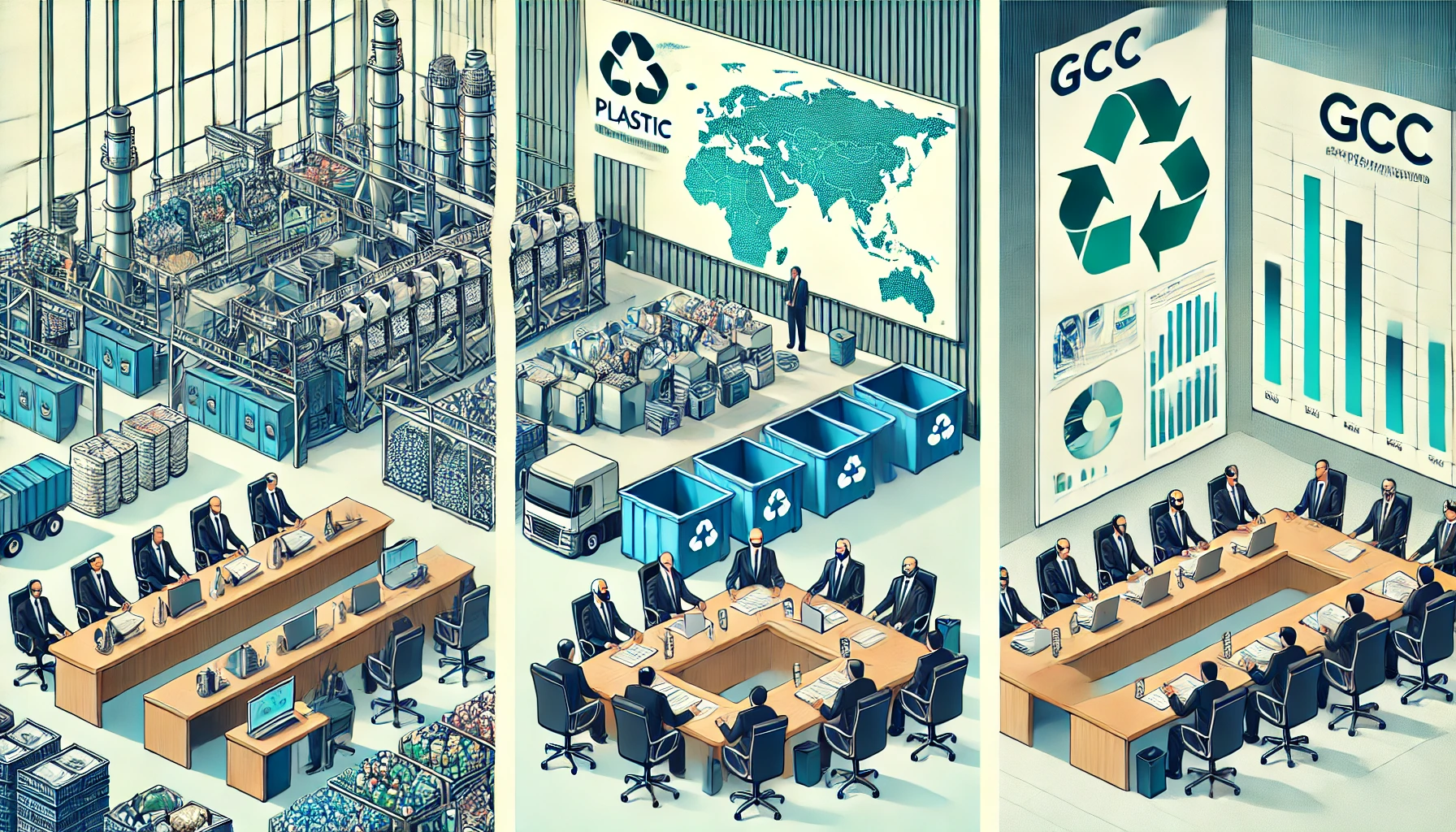Overview
The Gulf Cooperation Council (GCC) region faces significant environmental challenges with plastic waste due to rapid urbanization and industrialization. Effective waste management strategies are increasingly vital for sustainability and environmental protection.
Market Dynamics
The plastic waste management sector in the GCC is witnessing substantial growth driven by strict environmental regulations and heightened sustainability awareness. The sector integrates recycling, recovery, and waste-to-energy processes to tackle the increasing waste volumes.
Key Players
- UAE: Averda, EnviroServe, Blue LLC
- Saudi Arabia: Napco Group, Sealed Air, Zamil Plastic Industries Co.
- Qatar: Prominent in waste management technology, particularly for construction and municipal waste.
Data Tables and Graphical Representations
Table 1: Major Players in GCC Plastic Waste Management
| Country | Company | Specialty |
|---|---|---|
| UAE | Averda | Comprehensive waste solutions |
| Saudi Arabia | Napco Group | Advanced recycling programs |
| Qatar | Various | Construction waste management |
Graph 1: Waste Generation by Type in UAE (2022)
- Municipal Solid Waste: 1,200,000 tons
- Construction Waste: 800,000 tons
- Industrial Waste: 500,000 tons
| Year | Projected Growth (%) |
|——|———————-|
| 2023 | 5% |
| 2024 | 7% |
| 2025 | 10% |
| 2026 | 12% |
| 2027 | 15% |
Graph 2: Projected Market Growth in Qatar (2023-2027)
- Growth rates increasing yearly from 5% in 2023 to 15% in 2027
| Waste Type | Volume (Metric Tons) |
|———————|———————–|
| Municipal Solid Waste | 1,200,000 |
| Construction Waste | 800,000 |
| Industrial Waste | 500,000 |

Trends and Future Outlook
- Technological Advancements: Incorporating advanced technologies to enhance recycling and reduce landfill use.
- Sustainability Initiatives: Increasing regulations on single-use plastics and promoting biodegradable alternatives.
- Export Expansion: Growing the export market for recycled plastics due to global demand for sustainable materials.
Economic and Environmental Impact
- Economic: Job creation in recycling, reduced environmental cleanup costs, and public health improvements.
- Environmental: Reduced pollution, improved air quality, and increased public environmental awareness.
Conclusion
The GCC’s strategic approach to plastic waste management highlights its commitment to sustainable development, positioning the region as a leader in global sustainability efforts. This comprehensive analysis underscores the integrated strategies being employed to tackle plastic waste challenges effectively.



